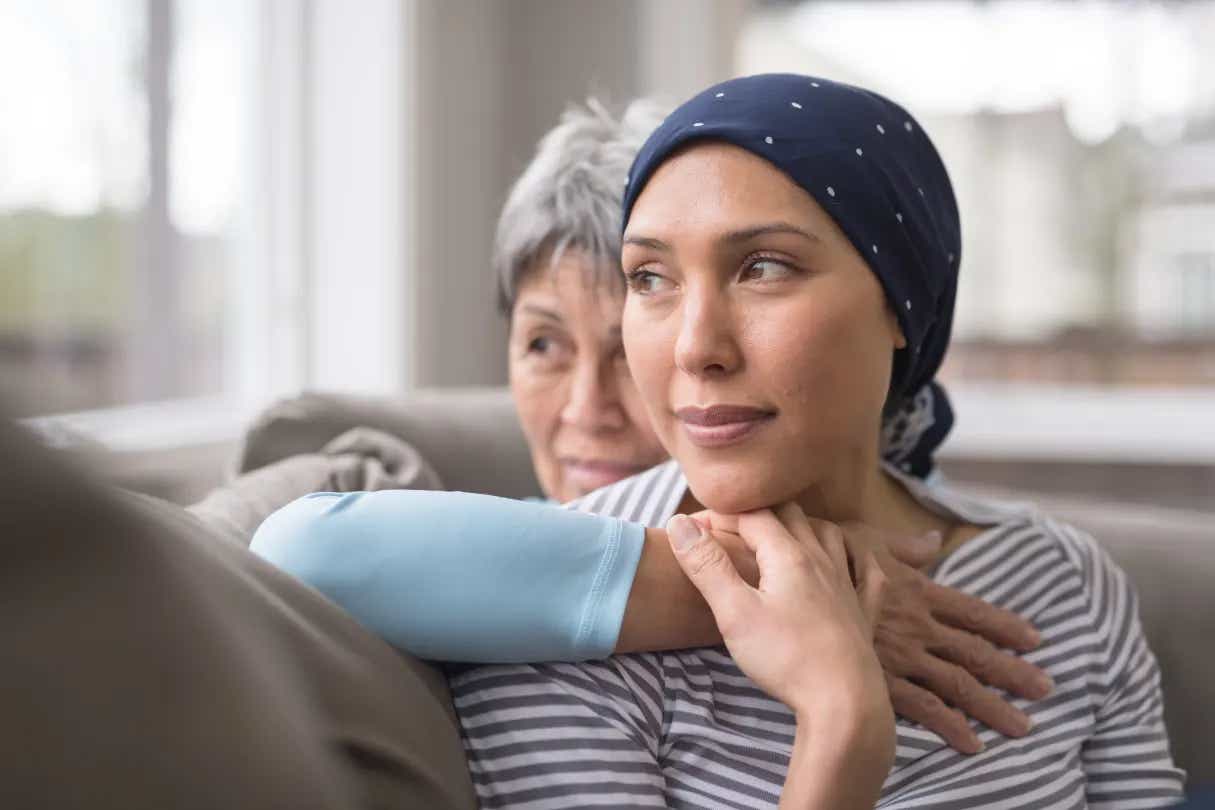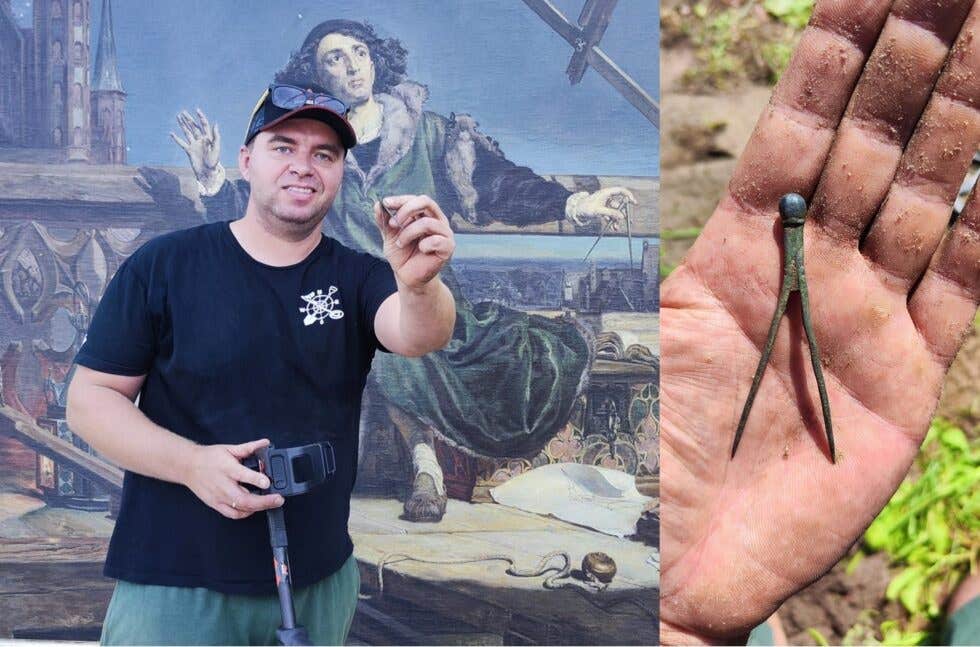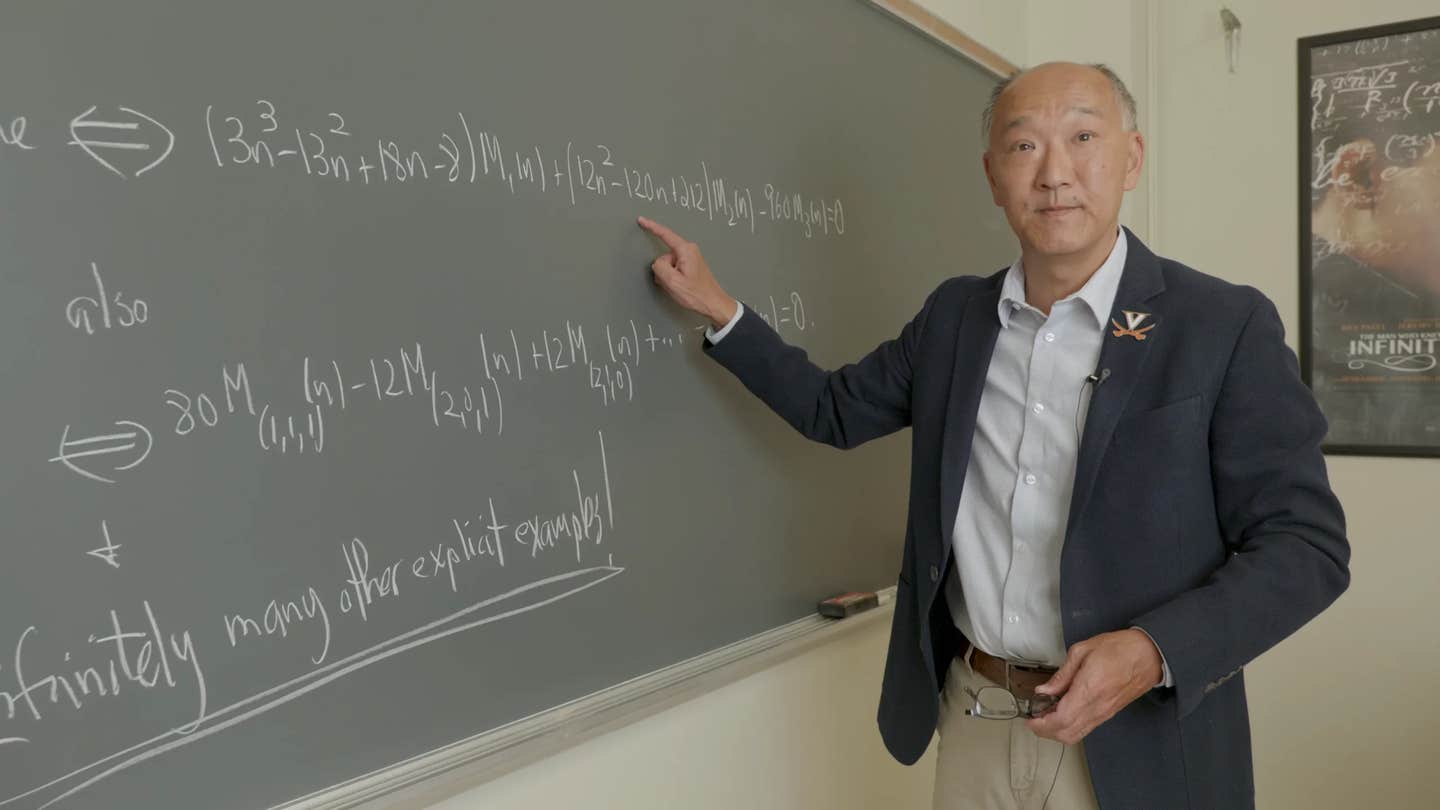Breakthrough new drug cures breast cancer, study finds
Cancer has been one of the leading causes of death in the world. According to the WHO, there were 9.6 million cancer-related deaths in 2018.

[Apr. 29, 2023: Staff Writer, The Brighter Side of News]
Patients suffering from pervasive triple negative breast cancer have only a one-in-ten chance of a cure. (CREDIT: Creative Commons)
Cancer has been one of the leading causes of death in the world. According to the World Health Organization, there were 9.6 million cancer-related deaths in 2018 alone. Breast cancer is one of the most common types of cancer, affecting millions of women worldwide.
Even though several treatments are available, some cancers are more aggressive and deadlier than others, such as triple-negative breast cancer. This type of cancer accounts for 10-15% of all breast cancers, affecting 1,000 patients in Belgium and 225,000 patients worldwide.
The situation is not optimistic for triple-negative breast cancer patients, as about half of them will develop local recurrences and metastases despite receiving treatment. Currently, there is no specific treatment capable of preventing these two events.
In cases of generalized triple-negative breast cancer, only one in ten patients has a chance of being cured. However, a team of researchers at the Experimental and Clinical Research Institute of UCLouvain has made a breakthrough in treating triple-negative breast cancer by identifying a drug that can prevent the recurrence and metastasis of cancer.
Related Stories:
Pierre Sonveaux, a researcher at the Experimental and Clinical Research Institute of UCLouvain, and his team, including post-doctoral student Tania Capeloa, have been working on this project since 2014. They received sponsorship from the UCLouvain Foundation to continue their research. Initially, they were successful in demonstrating the principle of preventing the appearance of melanoma tumor metastases in mice. However, the experimental molecules used at the time were far from being drugs.
The team has since identified that a drug developed for diseases other than cancer, MitoQ, can prevent the appearance of metastases in 80% of cases and prevent local relapse in 75% of cases.
The researchers tested MitoQ on mice with human breast cancer by combining it with a cocktail of classic chemotherapies. They demonstrated that MitoQ is not only compatible with conventional chemotherapies but also prevents relapses and metastases of breast cancers in mice. In contrast, most untreated mice saw their cancer recur and spread.
Lungs of mice with human triple negative breast cancer treated with surgery and conventional chemotherapy. Each whitehead is a metastasis. (Note: the lungs are black because they were stained to identify metastases) (CREDIT: University of Louvain)
The major discovery of UCLouvain scientists is that the MitoQ molecule prevents cancer stem cells from waking up. Cancer stem cells are dormant and biding their time, and they are insensitive to clinical treatment. They are the cause of metastases and, if surgery does not eliminate all of them, then they cause recurrences. The UCLouvain scientists found that MitoQ can prevent these cells from waking up, which can prevent the recurrence and metastasis of cancer.
MitoQ has already passed the first clinical phase, where it was tested on healthy patients, and the molecule was found to be not very toxic (causing only nausea and vomiting). The next step is the clinical phase 2, where the effectiveness of the treatment will be tested on cancer patients. The discovery of the UCLouvain scientists has opened up new opportunities for cancer treatment.
Scientists at University of Louvain (UCLouvain) have succeeded in preventing the recurrence and spreading of a human breast cancer (CREDIT: University of Louvain)
Pierre Sonveaux expressed his excitement, "Achieving blocking metastases, we expected it. On the other hand, avoiding cancer recurrence was totally unexpected. When we get this kind of result, it motivates us enormously for the future. In short, a giant step when we know that the three main causes of cancer mortality are recurrences, generalization of the cancer caused by metastases and resistance to treatment. And that, at present, there is no other known molecule capable of acting like MitoQ."
Triple-negative breast cancer is a type of cancer that is difficult to treat. It is so-called because it lacks the three receptors that are present in most breast cancers. These receptors are estrogen receptor (ER), progesterone receptor (PR), and human epidermal growth factor receptor 2 (HER2). Without these receptors, the cancer cells do not respond to hormonal therapies or drugs that target HER2.
Because of this, triple-negative breast cancer is often treated with a combination of chemotherapy, surgery, and radiation therapy. However, even with aggressive treatment, the cancer can still recur and metastasize, making it one of the most deadly types of breast cancer.
Induction of Yamanaka factors (OKSM) in muscle fibers increases the number of myogenic progenitors. Top, control; bottom, treatment. Red-pink color is Pax7, a muscle stem-cell marker. Blue indicates muscle nuclei. (Credit: Salk Institute)
The discovery of the UCLouvain scientists offers hope for a new, more effective treatment for triple-negative breast cancer. MitoQ, the drug that has been found to prevent the spread and recurrence of the cancer in mice, is a mitochondrial-targeted antioxidant that has already been tested in clinical trials for other diseases, such as Parkinson's and liver disease.
In the first phase of clinical trials for MitoQ, the drug was found to be well-tolerated by healthy patients, with only mild side effects such as nausea and vomiting reported. The next phase of clinical trials will test the drug on cancer patients to determine its effectiveness in preventing recurrences and metastases in humans.
If the drug proves successful in clinical trials, it could be a game-changer for the treatment of triple-negative breast cancer. Not only would it improve the chances of survival for patients with this aggressive form of cancer, but it could also pave the way for the development of similar drugs that target cancer stem cells in other types of cancer.
The research conducted by Pierre Sonveaux and his team at UCLouvain highlights the importance of funding and supporting scientific research. Without the funding provided by the UCLouvain Foundation, this breakthrough discovery may not have been possible.
The discovery also underscores the need for collaboration between researchers and clinicians to translate scientific discoveries into effective treatments for patients. The UCLouvain researchers worked closely with oncologists to ensure that the drug was administered in a way that would mimic the treatment patients receive in the hospital, which is essential for the success of clinical trials.
Overall, the discovery of the potential of MitoQ to prevent the spread and recurrence of triple-negative breast cancer is an exciting development in the fight against cancer. While there is still much work to be done before the drug can be approved for use in patients, the findings offer hope for a brighter future for those affected by this deadly disease.
What Are the Symptoms of Breast Cancer?
According to the CDC, different people have different symptoms of breast cancer. Some people do not have any signs or symptoms at all.
Some warning signs of breast cancer are—
New lump in the breast or underarm (armpit).
Thickening or swelling of part of the breast.
Irritation or dimpling of breast skin.
Redness or flaky skin in the nipple area or the breast.
Pulling in of the nipple or pain in the nipple area.
Nipple discharge other than breast milk, including blood.
Any change in the size or the shape of the breast.
Pain in any area of the breast.
Keep in mind that these symptoms can happen with other conditions that are not cancer.
If you have any signs or symptoms that worry you, be sure to see your doctor right away.
What Is a Normal Breast?
According to the CDC, no breast is typical. What is normal for you may not be normal for another woman. Most women say their breasts feel lumpy or uneven. The way your breasts look and feel can be affected by getting your period, having children, losing or gaining weight, and taking certain medications. Breasts also tend to change as you age.
What Do Lumps in My Breast Mean?
According to the CDC, many conditions can cause lumps in the breast, including cancer. But most breast lumps are caused by other medical conditions. The two most common causes of breast lumps are fibrocystic breast condition and cysts. Fibrocystic condition causes noncancerous changes in the breast that can make them lumpy, tender, and sore. Cysts are small fluid-filled sacs that can develop in the breast.
Note: Materials provided above by the The Brighter Side of News. Content may be edited for style and length.
Like these kind of feel good stories? Get the Brighter Side of News' newsletter.
Joseph Shavit
Head Science News Writer | Communicating Innovation & Discovery
Based in Los Angeles, Joseph Shavit is an accomplished science journalist, head science news writer and co-founder at The Brighter Side of News, where he translates cutting-edge discoveries into compelling stories for a broad audience. With a strong background spanning science, business, product management, media leadership, and entrepreneurship, Joseph brings a unique perspective to science communication. His expertise allows him to uncover the intersection of technological advancements and market potential, shedding light on how groundbreaking research evolves into transformative products and industries.



